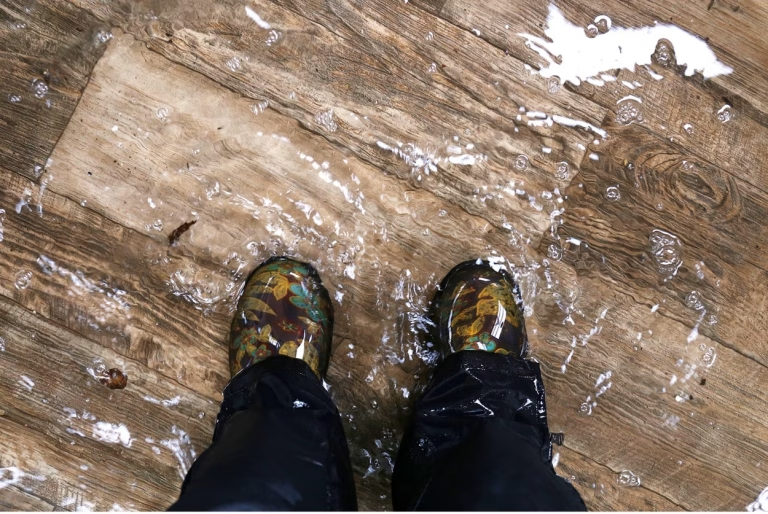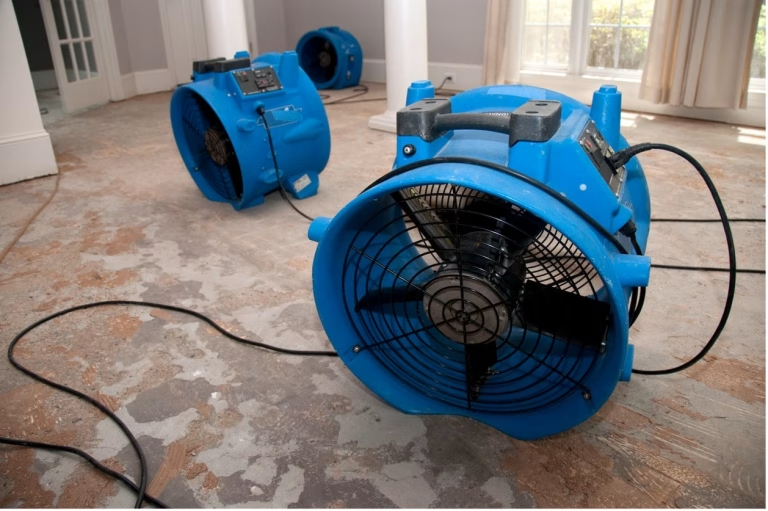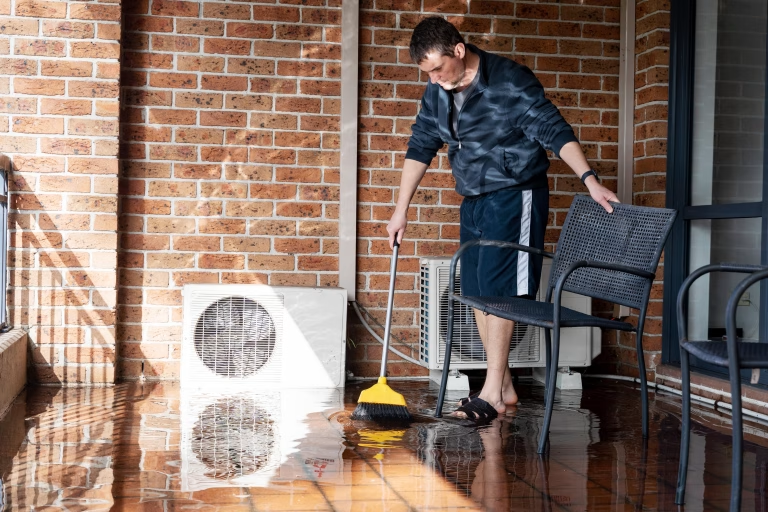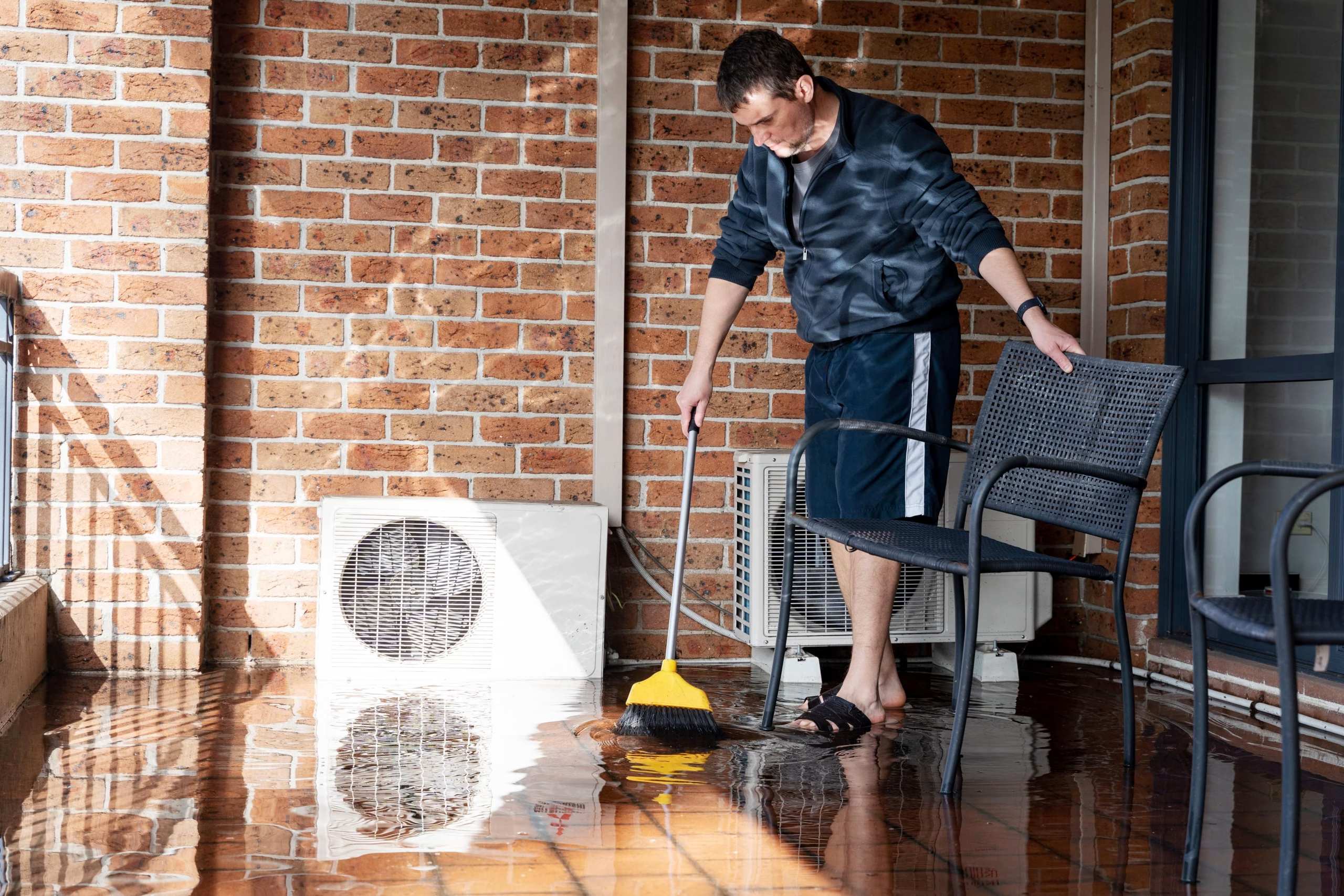Flooding can cause extensive damage to home systems like heating, ventilation, and air conditioning (HVAC). Water can harm electrical components, mechanical parts, and insulation, leading to costly repairs or even necessitating replacement. This blog explores how flooding affects HVAC systems, steps to take if your system is damaged, and why replacement might be the best option in some cases.
Understanding HVAC Vulnerabilities to Flooding
HVAC systems are especially vulnerable to flooding because of their complex components. Electrical parts can short-circuit or corrode, while mechanical parts such as fans and motors can clog or break down due to water damage. Saturated insulation creates the perfect environment for mold growth, and outdoor units may be physically displaced by strong floodwaters. Recognizing these risks helps homeowners make informed decisions about repair or replacement after a flood.

Immediate Actions After HVAC Flooding
If your HVAC system is affected by flooding, here are some immediate steps to follow:
- Turn off the power to prevent electrical hazards.
- Document the damage with photos or videos for insurance claims.
- Do not use the system until it has been inspected.
- Contact your insurance provider to report the damage.
- Schedule a professional inspection to assess the damage and get repair or replacement recommendations.
Assessing HVAC Damage
After flooding, it’s essential to have your HVAC system professionally inspected to fully assess the condition of its electrical components, mechanical parts, and ductwork. Water can corrode electrical connections, damage blower motors, and allow mold to grow inside the ductwork. Our team will carefully evaluate every part of the system for signs of water damage. Only a certified HVAC professional can determine the full scope of the damage and recommend the best course of action, whether it’s repair or replacement.
Health and Safety Risks of Flood-Damaged HVAC Systems
Flood-damaged HVAC systems can pose significant health risks. Mold growth in ducts can spread throughout the home, causing respiratory issues. Bacteria from floodwaters can contaminate the system, creating potential health hazards. Damaged electrical parts may lead to fire hazards or electrocution risks. It is essential to have a professional inspect and clean the system to avoid these dangers.

Repair vs. Replacement
When deciding between repairing or replacing a flood-damaged HVAC system, it’s important to consider the system’s age, the extent of the damage, and overall costs. If the system is older or heavily damaged, replacement might be the better option for long-term reliability and efficiency. Newer systems often offer better efficiency and reliability.
Why You Should Consider Replacing Your HVAC System After Flooding
Repairing a flood-damaged HVAC system might seem cost-effective at first, but it often leads to bigger, more expensive problems down the road. Water damage can affect multiple components, even if only one part appears visibly damaged. While fixing individual issues might offer a temporary solution, it’s likely that other water-damaged parts will start to malfunction over time, resulting in a cascade of failures and mounting repair costs. Replacing your system instead allows you to invest in a new, energy-efficient unit that delivers better performance, reliability, and peace of mind. Given the extensive damage water can cause, replacing the system is typically the more cost-effective choice for long-term comfort and reliability.
Preventive Measures to Protect Your HVAC System from Future Flooding
Homeowners can take several steps to protect their HVAC systems from future floods:
- Elevate outdoor units to keep them above flood levels.
- Install sump pumps in basements to remove water.
- Improve drainage around the home’s foundation.
- Use flood barriers to protect vulnerable areas.
Implementing these strategies can help reduce the risk of HVAC damage during future flooding events.
The Financial Impact of HVAC Flood Damage
Flooding can cause unexpected financial stress when it comes to your HVAC system. While repairing flood-damaged parts may seem cheaper at first, those costs can add up if the system continues to break down. An older system damaged by floodwaters may also be less efficient, leading to higher energy bills and more frequent repairs. Replacing the system might have a higher upfront cost, but it often saves money over time by reducing energy usage and repair needs. Plus, new systems usually come with warranties, giving you extra protection and peace of mind for the future.
In many cases, your homeowners or flood insurance may cover the cost of repairs or replacement, so be sure to check your policy and work with your insurance provider to ease the financial burden.

Take Action After Flooding
Flooding can severely affect your HVAC system, but with proper care and the right decisions, you can minimize long-term damage. Progressive Air Systems is here to help. Our team can provide inspections, assist with insurance claims, and help you decide whether repair or replacement is the best option. We offer preventive measures to ensure your HVAC system remains protected from future flooding. Contact us today to get started.

